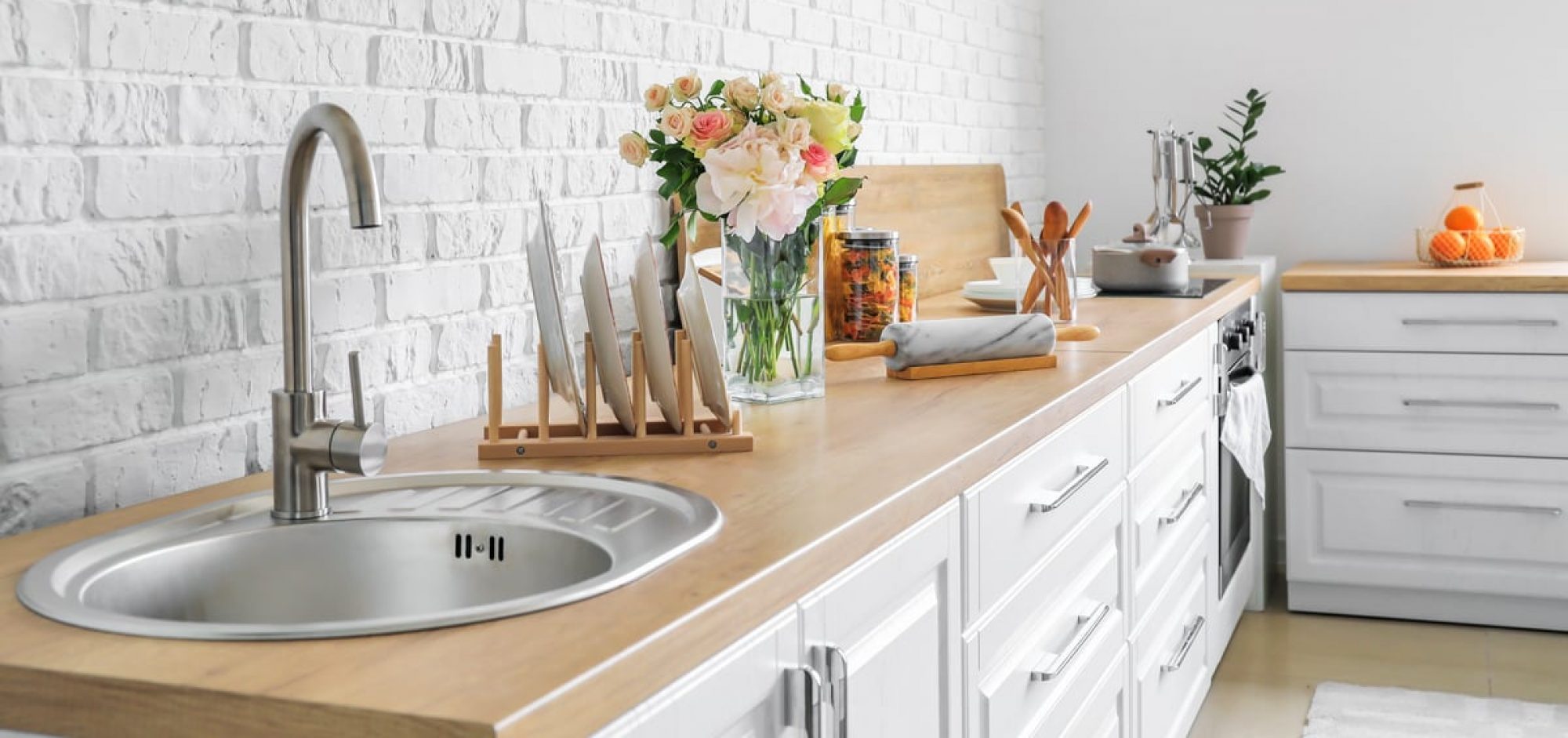When summer temperatures soar, a reliable air conditioning system becomes more than just a luxury—it’s a necessity. However, many homeowners and businesses find themselves relying on outdated AC units that struggle to keep spaces cool efficiently. Upgrading your air conditioning system can lead to significant improvements in comfort, energy savings, and indoor air quality. In this article, we’ll explore why upgrading your air conditioning system is a smart investment, what to consider before making the switch, and the benefits you can expect. An air conditioning upgrade is more than just a cooling solution—it’s an investment in comfort, health, and sustainability. With modern technology, you can enjoy better temperature control, cleaner air, and lower energy bills. Whether your current system is aging, inefficient, or simply not meeting your needs, now is the perfect time to explore upgrade options. Consulting with a trusted HVAC professional will help ensure you choose the right system tailored to your space and lifestyle.
Why Upgrade Your Air Conditioning System?
Air conditioning technology has evolved considerably in recent years. Older units often consume excessive energy, fail to cool evenly, and require frequent repairs. Upgrading to a modern system addresses these issues and brings a host of advantages:
-
Improved Energy Efficiency
Newer air conditioning units are designed with advanced technology that maximizes cooling output while minimizing energy consumption. Many models come with high Seasonal Energy Efficiency Ratios (SEER), which means they use less electricity to provide the same amount of cooling. This translates into lower utility bills and a reduced carbon footprint. -
Enhanced Comfort and Air Quality
Modern AC systems offer superior temperature control, ensuring consistent cooling throughout your home or office. In addition, many units come equipped with advanced air filtration and humidity control features, which help reduce allergens, dust, and mold spores—leading to healthier indoor environments. -
Reliability and Lower Maintenance Costs
Older systems tend to break down more often, requiring costly repairs. Upgrading reduces the likelihood of unexpected failures and often comes with manufacturer warranties that cover parts and labor for several years. Additionally, newer units require less routine maintenance, saving you time and money. -
Smart Technology Integration
Many new air conditioners are compatible with smart thermostats and home automation systems. This means you can control your AC remotely, schedule cooling cycles, and monitor energy usage via smartphone apps, making it easier to optimize comfort and efficiency.
When Is the Right Time to Upgrade?
Determining the best time to upgrade depends on several factors:
-
Age of the System: Air conditioning units typically last 10-15 years. If your system is approaching or exceeding this age, it may be more cost-effective to upgrade than to continue repairing.
-
Rising Energy Bills: If your energy costs have steadily increased despite normal usage, an inefficient AC unit could be the culprit.
-
Frequent Repairs: When repair costs start to approach the price of a new system, upgrading makes more financial sense.
-
Inconsistent Cooling: If some rooms are too hot or cold, or if your system struggles to maintain a steady temperature, it may be time for an upgrade.
-
Environmental Concerns: Older units may use refrigerants that are harmful to the environment. Modern systems use eco-friendlier refrigerants compliant with current regulations.
Key Considerations Before Upgrading
Before purchasing a new air conditioning system, consider the following:
-
System Size and Capacity
Choosing the right size system is critical. An undersized unit won’t cool effectively, while an oversized one will cycle on and off frequently, wasting energy. A professional HVAC technician can perform a load calculation to determine the optimal capacity for your space. -
Type of Air Conditioning System
There are several types of air conditioning systems to consider:-
Central Air Conditioners: Ideal for whole-home cooling with ductwork.
-
Ductless Mini-Split Systems: Great for homes without ducts, offering zone-specific cooling.
-
Heat Pumps: Provide both cooling and heating, improving year-round comfort and efficiency.
-
Portable or Window Units: Suitable for small spaces or temporary use.
-
-
Energy Efficiency Ratings
Look for systems with high SEER ratings. Energy Star-certified models meet or exceed federal energy efficiency guidelines. -
Installation Quality
Proper installation is crucial for maximizing system efficiency and longevity. Always hire licensed and experienced HVAC professionals.
The Upgrade Process
-
Assessment and Consultation
A reputable HVAC contractor will inspect your current system, evaluate your home’s cooling needs, and recommend the best replacement options. -
Selecting the New Unit
Based on the assessment, you’ll choose a system that fits your budget, efficiency goals, and comfort preferences. -
Installation
Professional installers will remove the old system and install the new unit, ensuring all components are properly connected and tested. -
System Testing and User Training
After installation, the system will be tested for optimal performance. Technicians will also demonstrate how to use the thermostat and maintenance features.
Benefits Beyond Cooling
Upgrading your air conditioning system can also increase your property value. Energy-efficient homes are attractive to buyers, and many real estate markets offer incentives for green improvements. Moreover, a new system can reduce your environmental impact by lowering greenhouse gas emissions.

